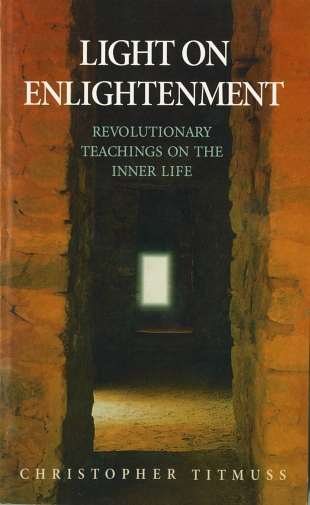"It is not unusual for us to spend much of our life wanting to live in the world of praise rather than be subjected to blame. But we forget we are born with two ears. It would make good sense to reserve one ear for praise and one for blame and stay steady between the two. The hungry mind has an alarming tendency to feed on both. Praise can act like a drug and blame like a virus.
"We find ourselves feeding on praise. We want to feel really good about ourselves so it becomes the underlying motive behind what we do. We clamour to get acknowledgement and recognition from others, feeling that we honestly deserve their affirmation. We talk constantly about how much we do for others and wonder why we are not getting the credit. It is all too easy to have a shopper’s mentality around doing good for others: I give this to you (time, energy, money, support) and I want you to give me something in return. But what happens when our actions are not appreciated? Do we start throwing blame at others? If we do, we are admitting to ourselves and others our dependency on praise. Our little world of praise and blame will collapse around us, leaving us in a heap of disappointment and frustration.
"The mind easily moves back and forth between the polarities of praise and blame. They become the reasons for our actions. We want approval and we fear disapproval. This stops us from seeing the merit of insight or the action itself. We are preoccupied with what people think about our actions, and therefore about us. In our uncertainty, we seek counsel from others. Some will tell us to take risks; others will tell us to be cautious. Their advice may help us to clarify a situation, to think of points we have overlooked, or their opinions may add to our confusion, but we like to think that we have made the final choice. We often think it is the particular issue that matters. The issue itself has a relationship to the perceptions, feelings and thoughts we have about it. We may also have to look outside the condition of the perceiver and the perceived. Issues around praise and blame reveal the outer edges of tendencies showing uncertainty, insecurity, and the wavering self. All of this ought to be obvious but, more importantly, it helps us find solutions.
"To remain clear between the forces of praise and blame means:
1. Being true to our insights and perceptions.
2. Developing the capacity to withstand criticism.
3. Associating with those for whom compassion comes before conformity.
4. Ensuring that our commitment is useful, steady and ongoing.”
